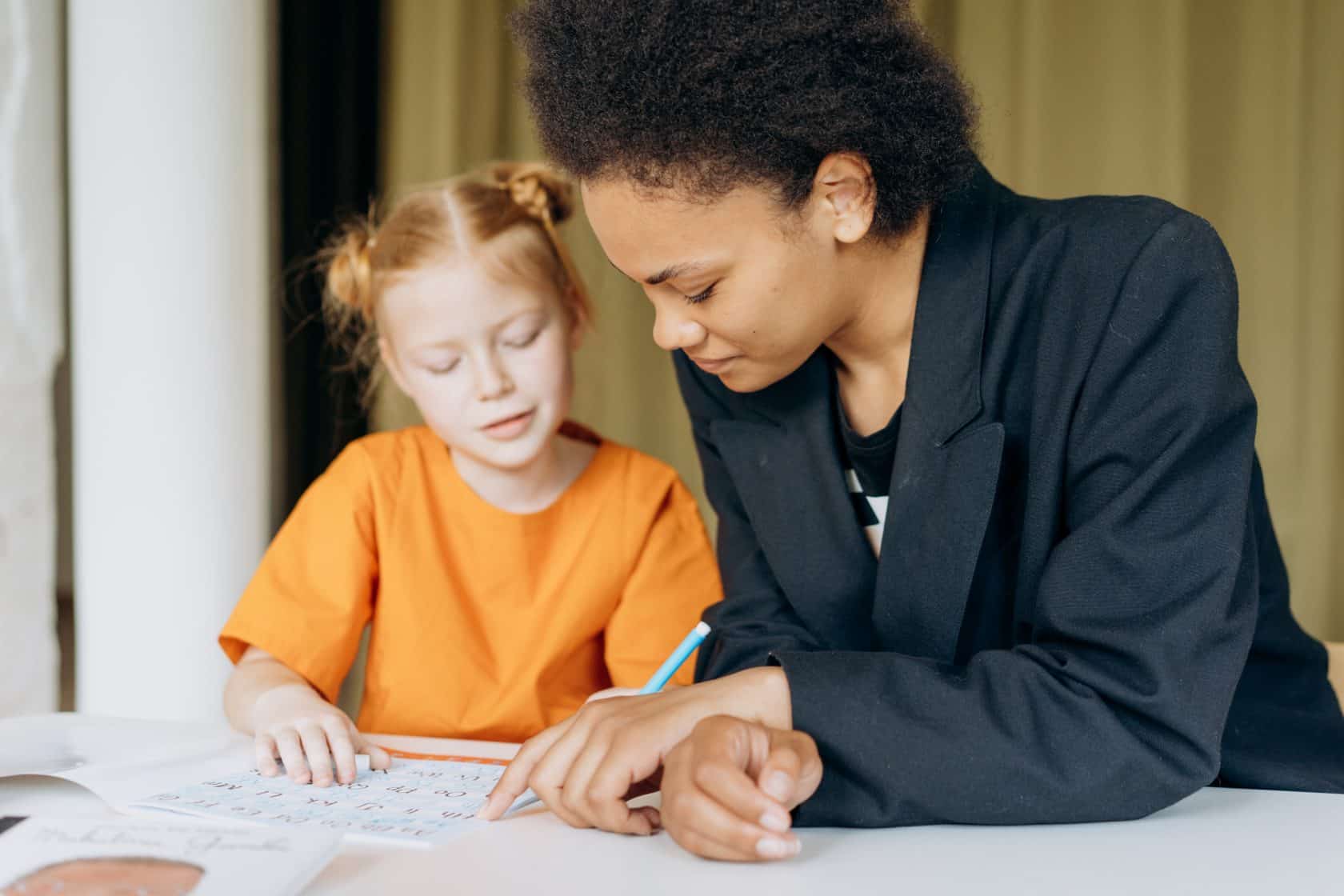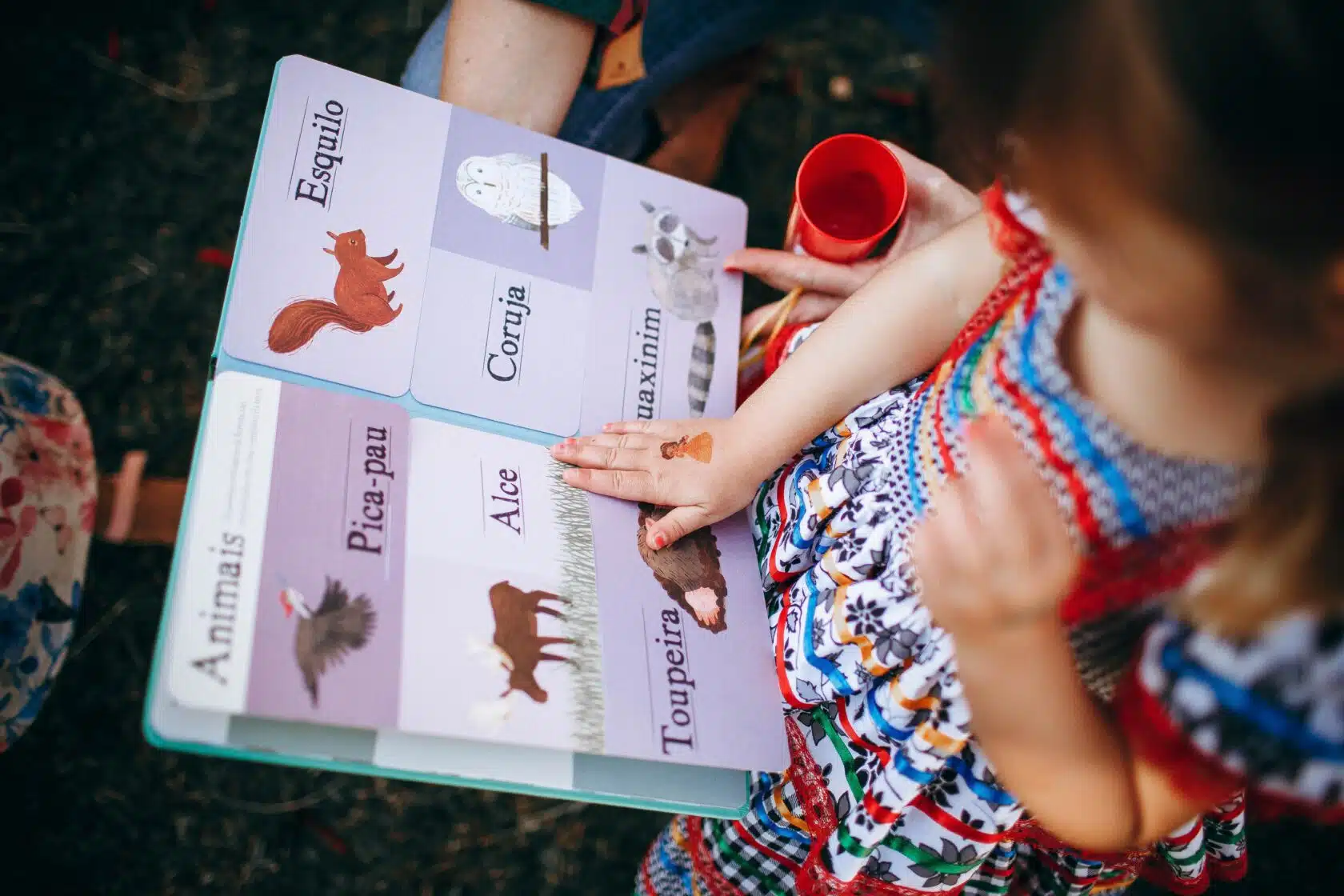Pediatric speech therapy helps kids with communication challenges, such as speaking, understanding others, chewing, swallowing, pronouncing sounds correctly, processing what they hear, and interacting with others. It’s provided by a speech-language pathologist who works with the child to improve their communication skills.















